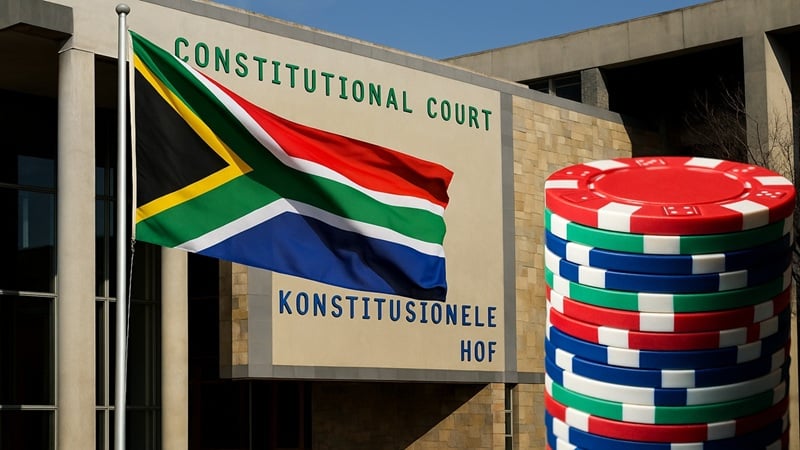
Constitutional Court upholds gambling tax on casino freeplay credits in landmark ruling. Analysis of implications amid R1.14 trillion wagering.
The Constitutional Court of South Africa has unanimously refused leave to appeal in two separate cases involving major casino operators challenging the taxability of ‘freeplay’ credits, affirming that the dispute centers on statutory interpretation rather than constitutional matters.
The Ruling
In a judgment delivered on August 29, 2025, the Court dismissed applications from Sunwest International (trading as GrandWest Casino) and Emfuleni Resorts (trading as Boardwalk Casino), who sought to overturn lower court decisions requiring them to pay gambling taxes on freeplay credits issued to customers.
Justice Kollapen, delivering the unanimous judgment, stated that “the core question is whether, on a proper interpretation of the Acts, freeplay is included in the definition of ‘adjusted gross revenue’ and thus forms part of taxable revenue.”
He emphasized that “this is a matter of statutory interpretation, affecting the narrow interests of the parties involved, and does not engage this Court’s constitutional or general jurisdiction.”
What Are Freeplay Credits?
Freeplay credits are non-cashable loyalty rewards that casinos award to customers, allowing them to play slot machines and other games without using their own money. While customers cannot withdraw these credits as cash, they can win real money using them. The central dispute was whether these promotional credits should be included when calculating the casinos’ taxable gambling revenue.
Source: Official judgment: Sunwest International v Western Cape Gambling and Racing Board (CCT 261/23; CCT 285/23) [2025] ZACC 18 | Constitutional Court media summary
The Legal Arguments & Court’s Reasoning
The casino operators argued that freeplay credits should not be subject to gambling tax under the Western Cape Gambling and Racing Act and the Eastern Cape Gambling Act. They contended that since these credits have no cash value to customers and represent a marketing expense, they should be excluded from adjusted gross revenue calculations.
The gambling regulatory boards in both provinces maintained that freeplay credits form part of the ‘drop’ — the total amount wagered — which is a component used to determine adjusted gross revenue on which gambling taxes are assessed.
The Constitutional Court concluded that the matter did not raise constitutional issues or questions of general public importance sufficient to warrant its jurisdiction. Justice Kollapen stated that “the interpretive issue is confined to the specific provisions of the provincial Acts and does not transcend the interests of the parties or impact the wider public.”
The Court further noted that “nothing indicates that the outcome of this case will significantly affect other casino operators or the public at large,” emphasizing that Section 167(3)(b)(ii) of the Constitution requires the Court to consider matters of “broad societal importance, which this case does not meet, given its narrow scope.”
Cost Implications and Industry Context
Each applicant was ordered to pay the respondents’ costs, including the costs of two counsel, representing a significant financial burden for the casino operators beyond the tax liability itself.
The ruling comes amid broader debates about gambling taxation in South Africa. Licensed gambling operators already pay taxes on gross gambling revenue, contributing to both provincial and national coffers. However, individual gambling winnings generally remain tax-exempt for players participating in authorized gambling activities within the country.
This decision follows a separate 2023 Constitutional Court ruling in the North West province case (Casino Association of South Africa v MEC for Economic Development), which addressed different aspects of gambling taxation and regulatory authority.
This Constitutional Court decision arrives at a critical juncture for South Africa’s gambling industry, which is experiencing unprecedented growth while facing mounting regulatory and fiscal pressures.
Market Growth and Revenue Performance
According to the National Gambling Board’s FY2023/24 report, South African gamblers wagered a staggering R1.14 trillion during the fiscal year—a 40.2% year-over-year increase from R814 billion. Gross Gambling Revenue (GGR) reached R59.3 billion, up 25.7% from R47.1 billion the previous year. Online gambling now accounts for approximately 49% of all gambling activity in the country, while the land-based casino sector has remained relatively flat with a 0.6% decline in turnover to R297.4 billion.
The betting sector, encompassing sports and horse racing, dominated with 66.6% of total gambling turnover and experienced a remarkable 76.6% year-over-year growth. Total taxes and levies collected from the gambling sector increased 19.2% to R4.84 billion in FY2023/24.
For the full breakdown of the current financial situation in the country, see our South African Online Gamblers Wagered R1.14 Trillion news piece.
Proposed Tax Increases Under Debate
The freeplay tax ruling coincides with controversial proposals to increase gambling taxation. Build One South Africa (BOSA), led by Mmusi Maimane, has suggested a 0.5% increase in Value Added Tax (VAT) on regulated online gambling during African National Congress (ANC) meetings. Proponents argue this would boost government revenue to support regulatory improvements and industry growth.
However, the proposal has drawn sharp criticism from industry experts. iGaming consultant Cameron Green cited Kenya’s experience, where aggressive taxation—including 15% on GGR, 40% corporate taxes, and a 20% withholding tax on player winnings—drove operators out of the market and pushed players toward overseas casinos. Critics warn that over-taxation could discourage investment, lead to job losses, and ultimately reduce rather than increase government revenue.
The ANC has acknowledged the need to pursue viable revenue solutions but has not yet committed to specific tax increases.
We already reported that taxation was coming previously via our Possible South Africa Gambling Tax Increases Stir Mixed Opinions news story.
Regulatory Crackdown on Unlicensed Operators
Adding complexity to the taxation debate, the National Gambling Board (NGB) issued a press release on August 25, 2025, confirming an intensified crackdown on unlicensed gambling websites targeting South African citizens. Acting Chief Executive Officer Lungile Dukwana stated: “As the gambling regulation fraternity, we remain unwavering in enforcing the law — online gambling is unlawful and unacceptable.”
You can read more about that news story here on Casinoplusbonus via our NGB Plans to Crack Down on Overseas Casinos coverage.
The Interconnected Challenge
The Constitutional Court’s freeplay tax decision must be understood within this broader context. Casino operators face:
- Clarified tax obligations from the Constitutional Court ruling, confirming freeplay credits are taxable
- Potential additional tax increases through proposed VAT adjustments on online gambling
- Intensified competition from unlicensed offshore operators that avoid South African taxation entirely
- Regulatory uncertainty regarding which forms of online gambling are legally permitted
Currently, the new ruling and several challenges create a tough environment where licensed operators bear increasing tax burdens while competing against unlicensed platforms that face minimal enforcement.
The industry argues that without addressing the offshore operator problem first, tax increases will simply accelerate market flight to unregulated alternatives.


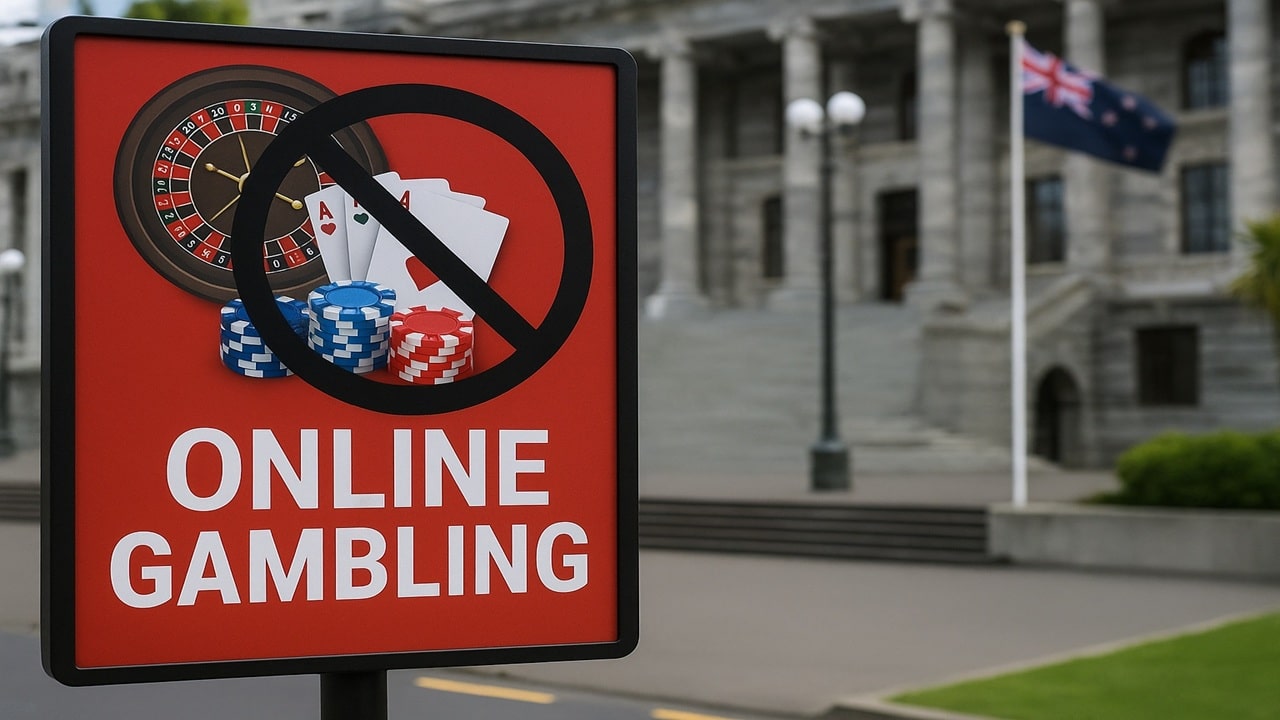


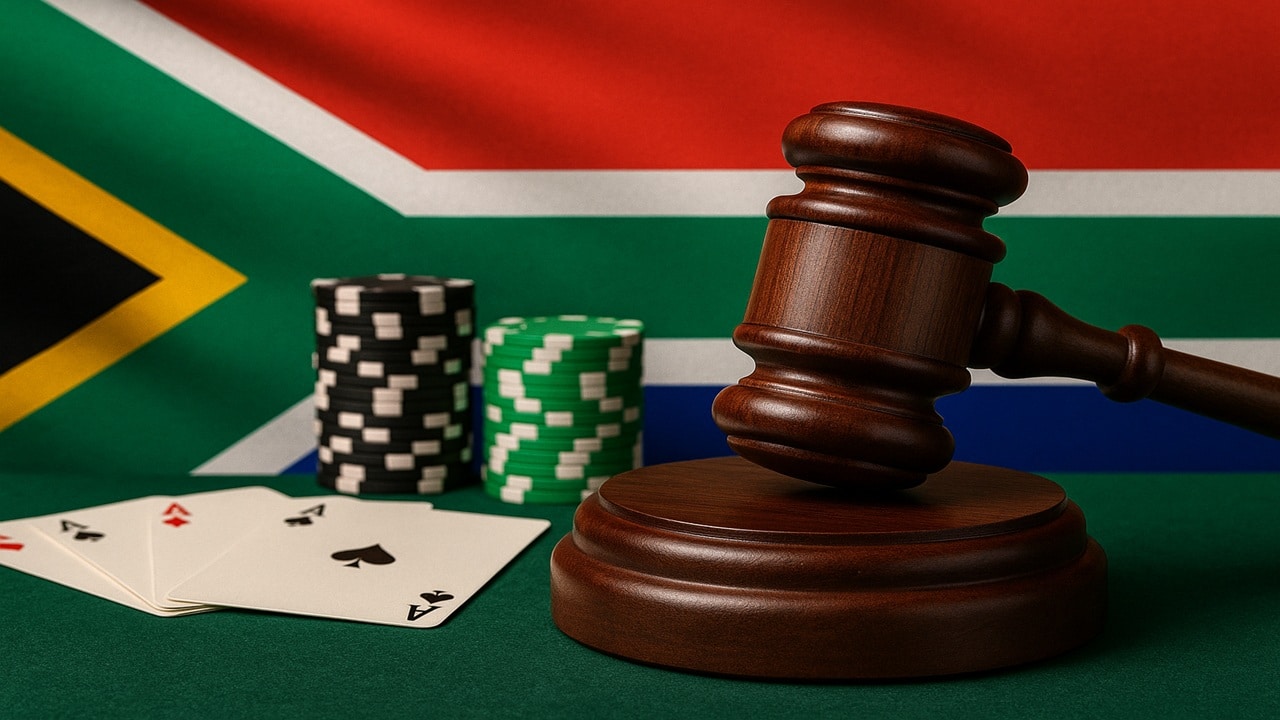
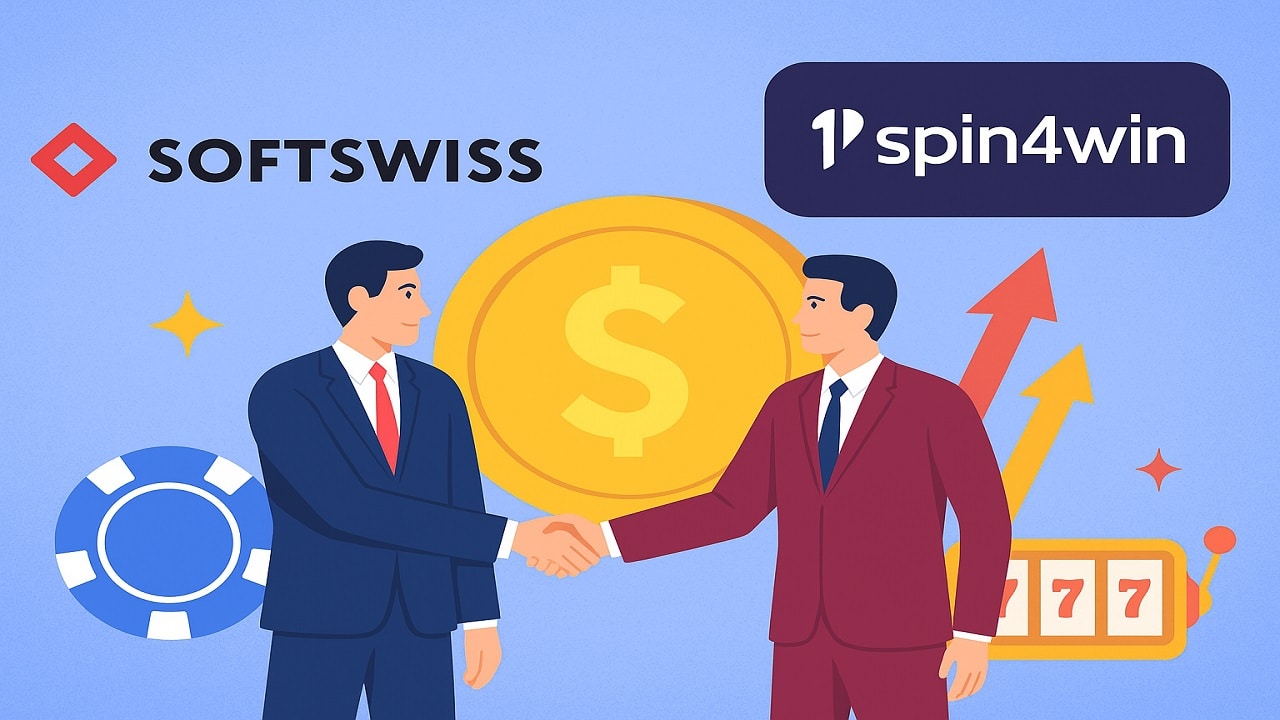
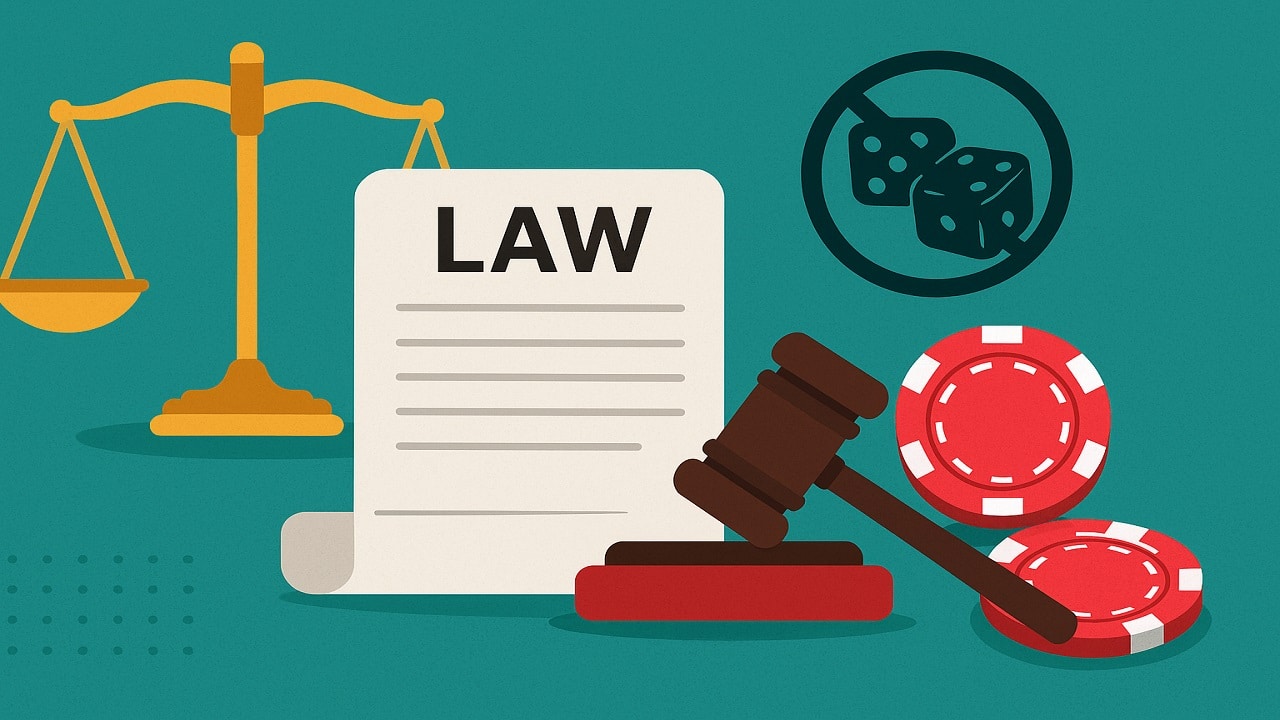
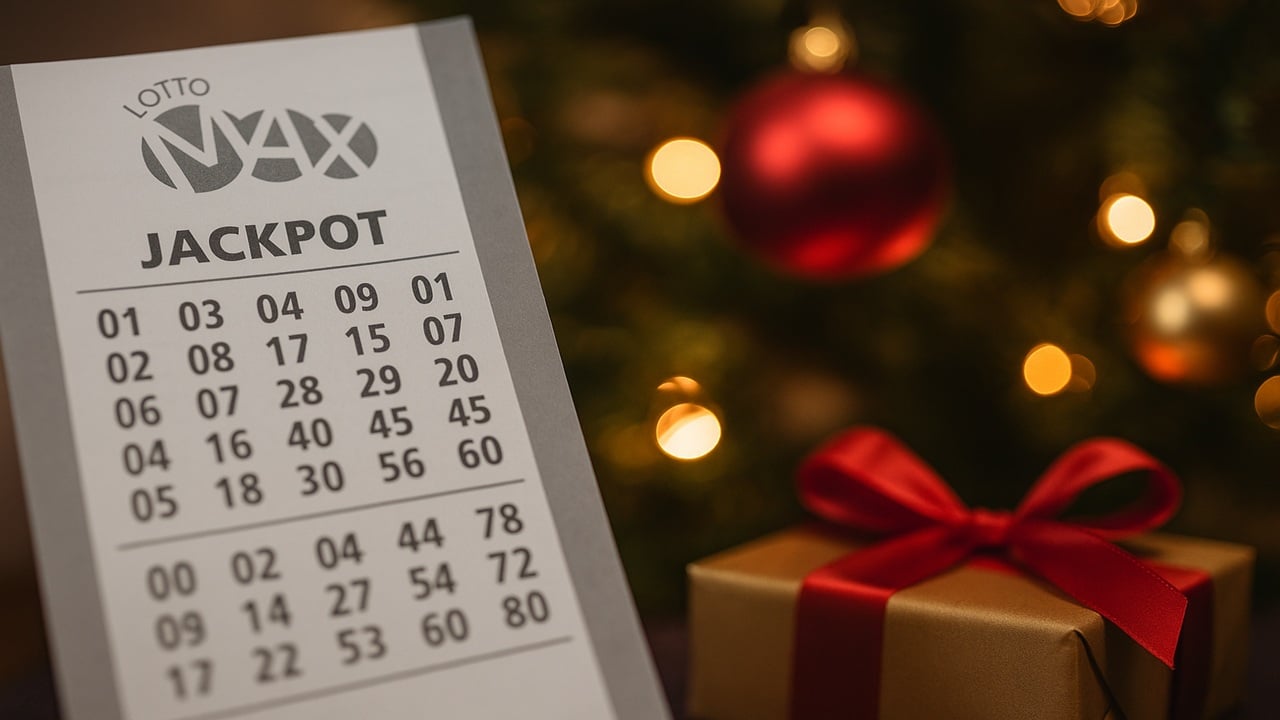
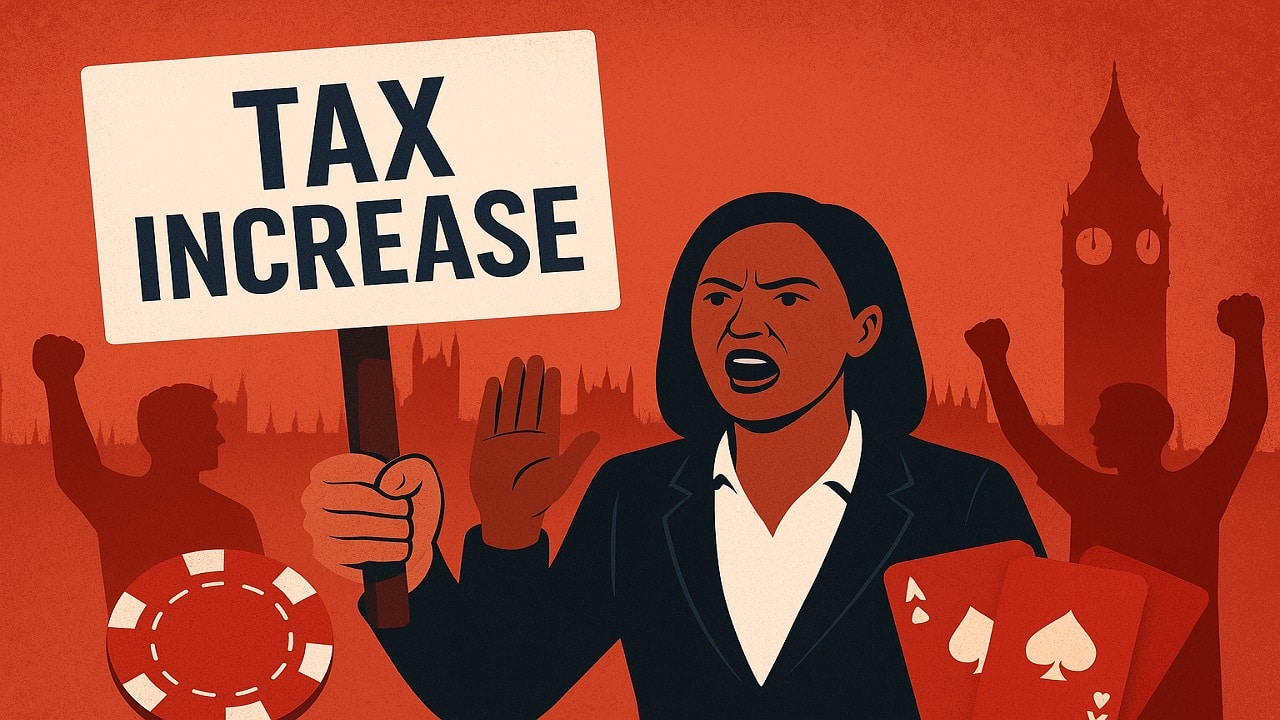
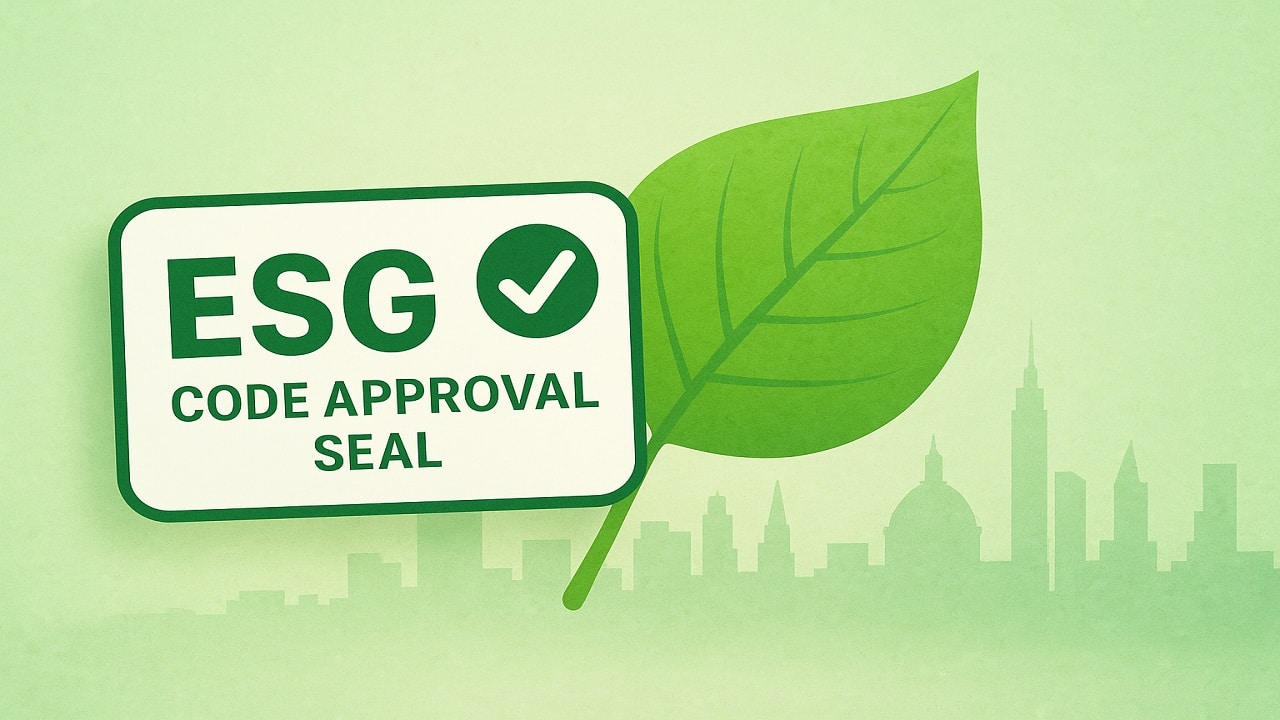
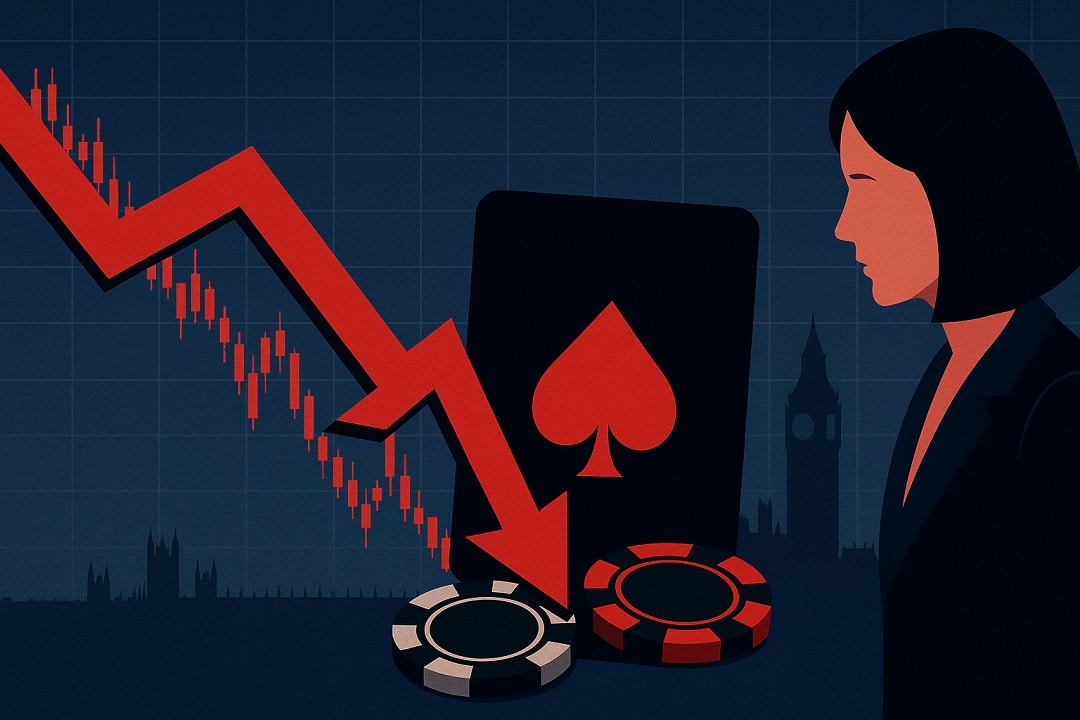

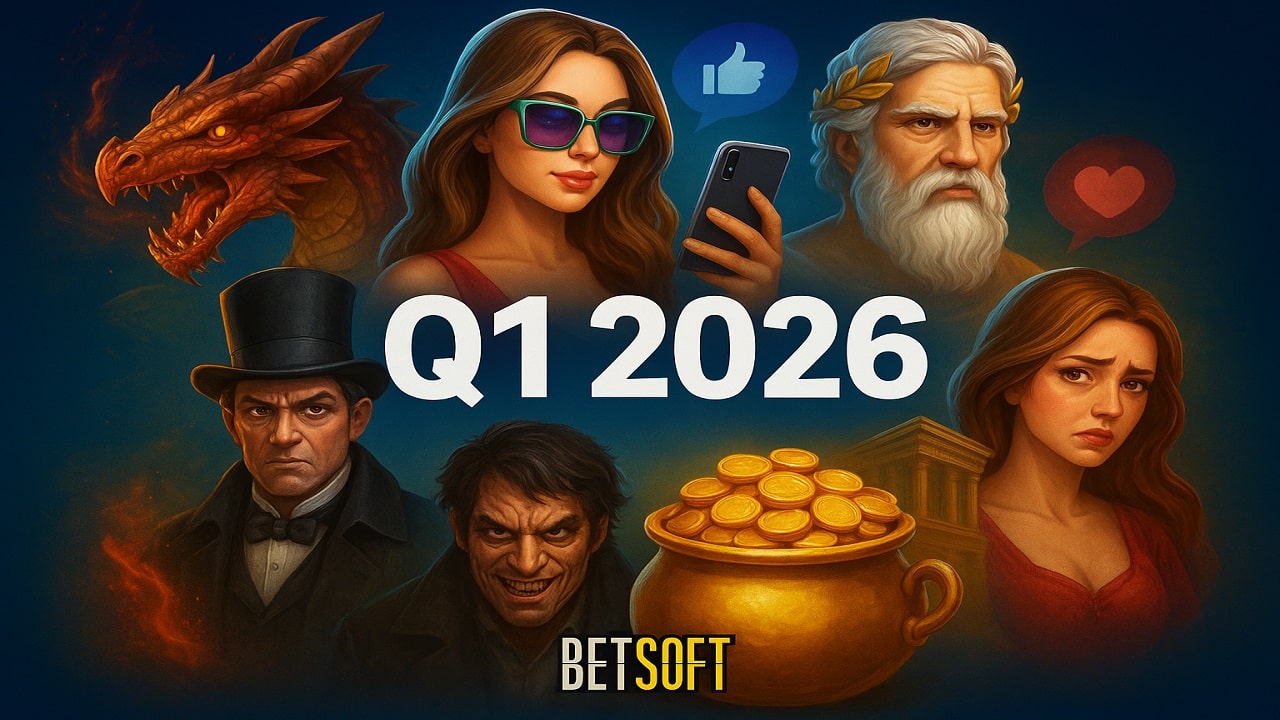
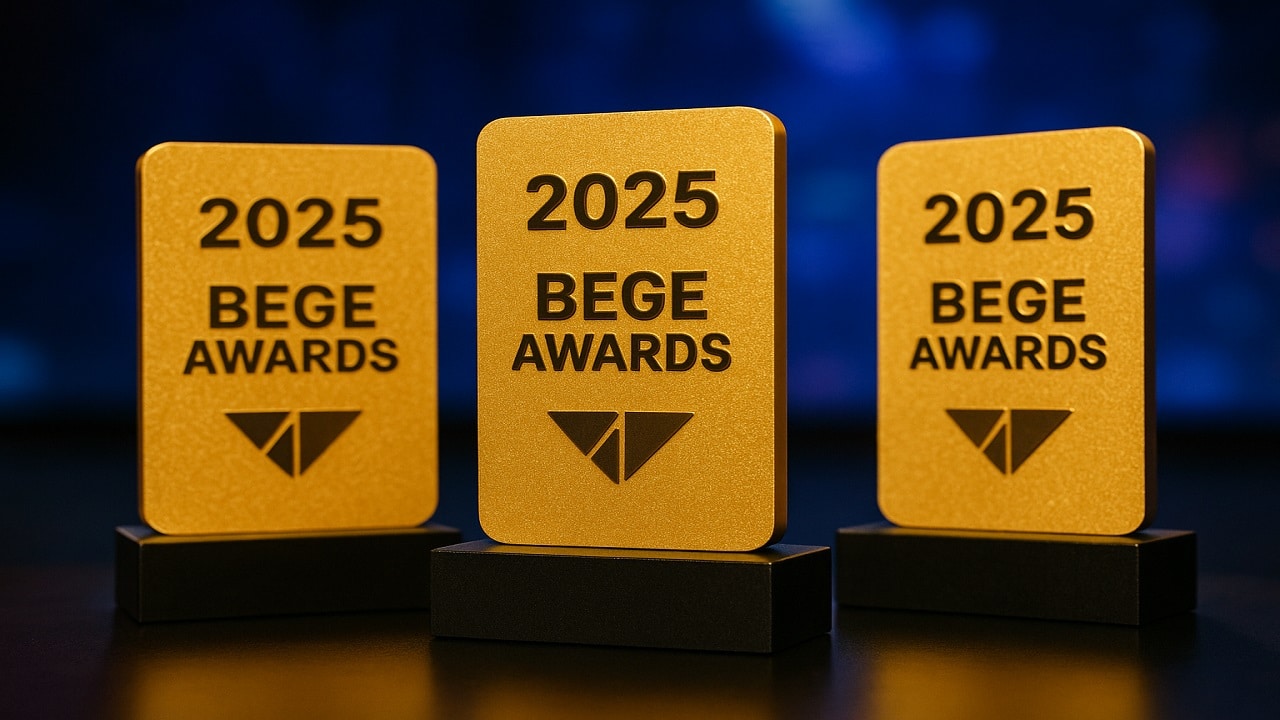

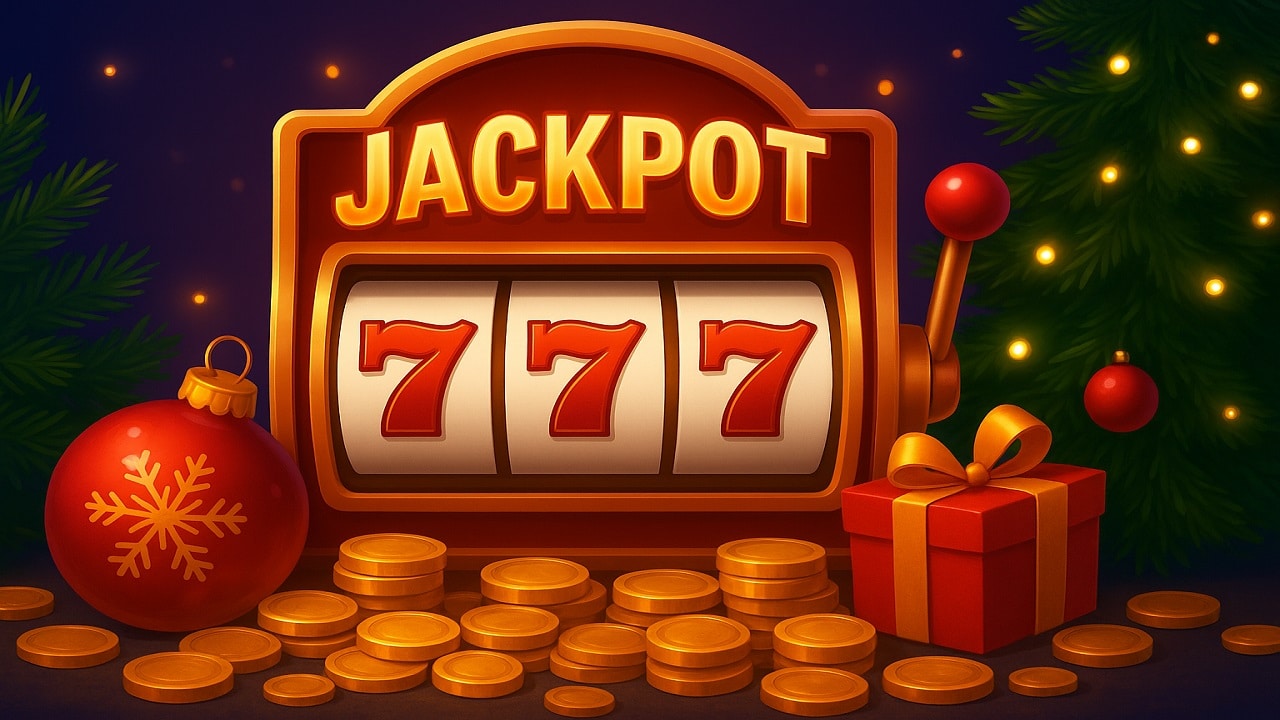
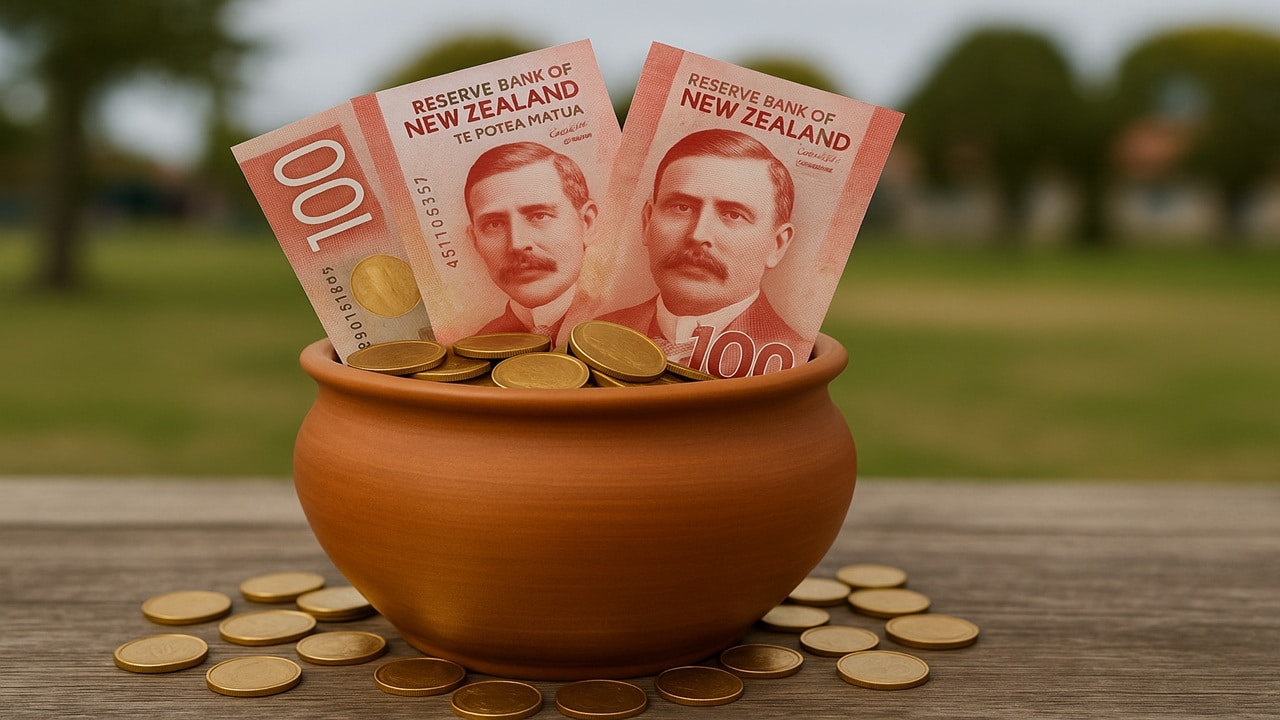

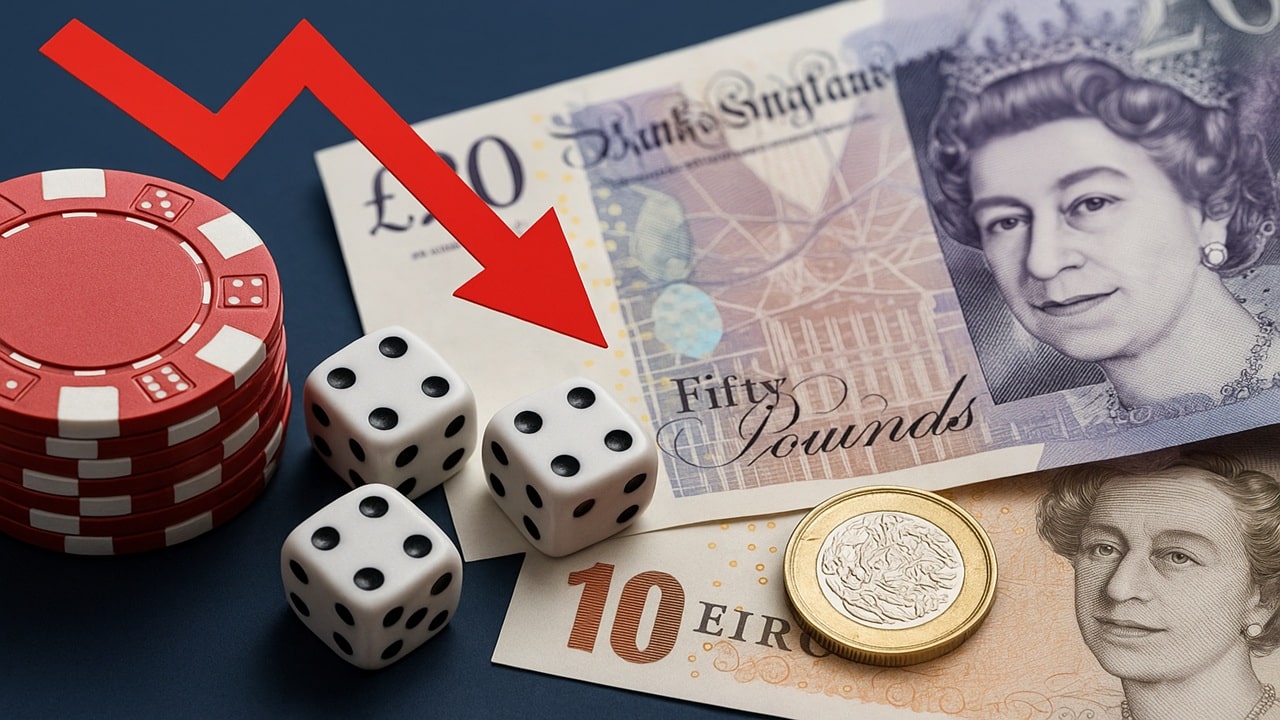
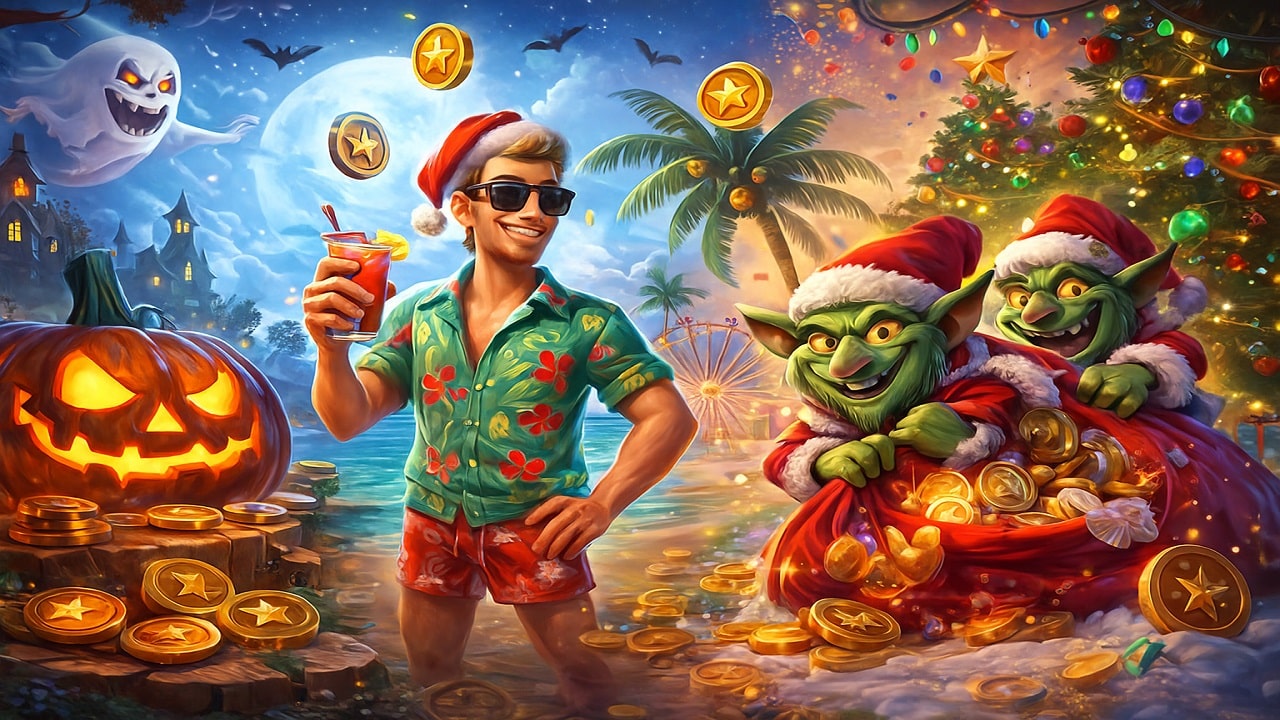
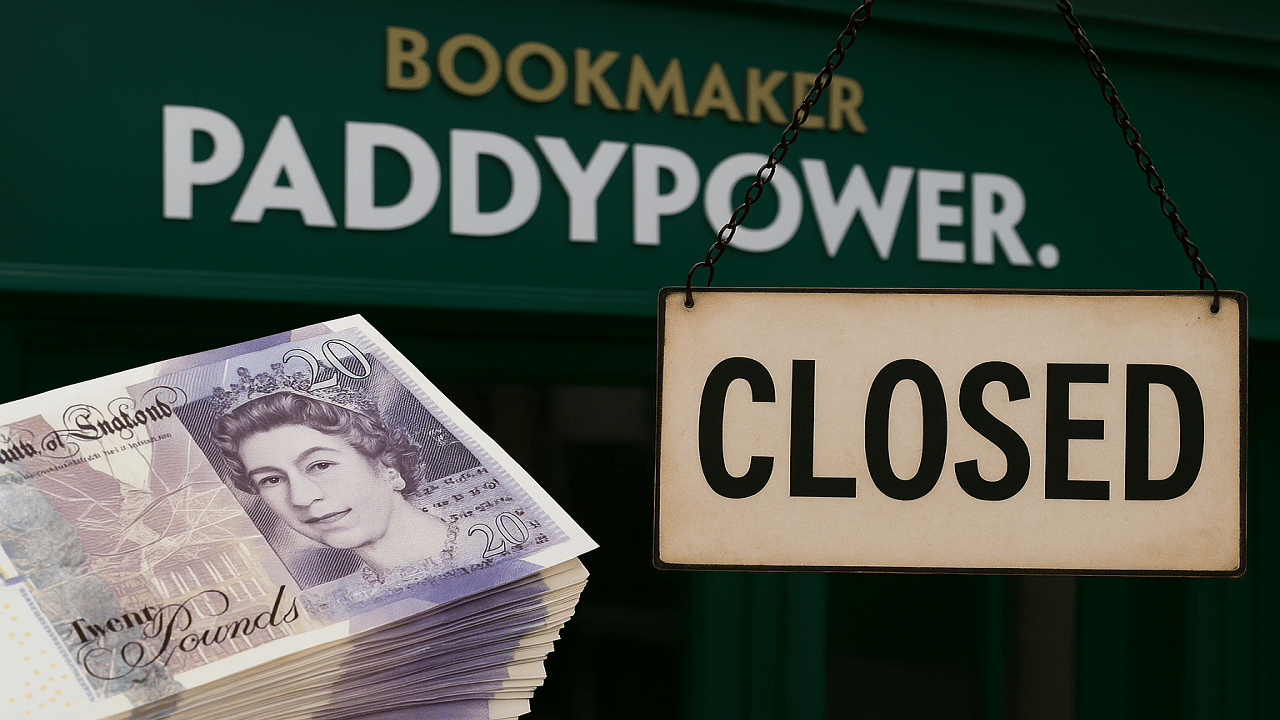
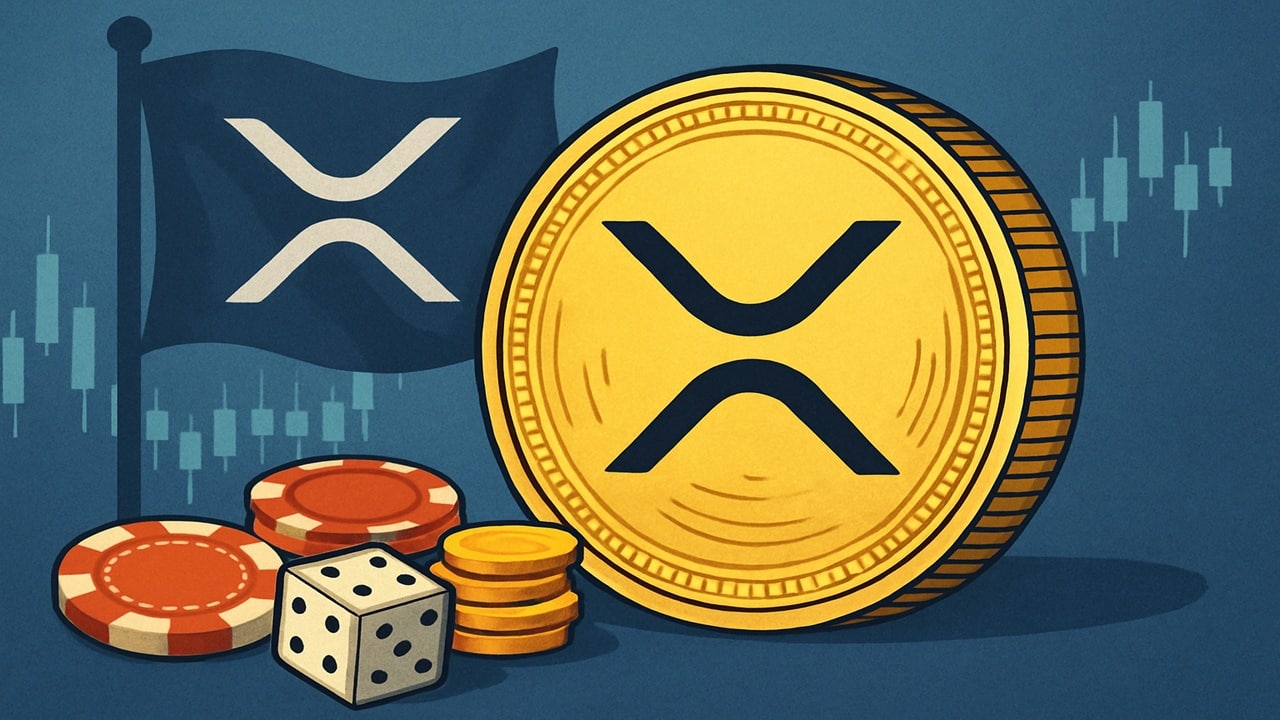
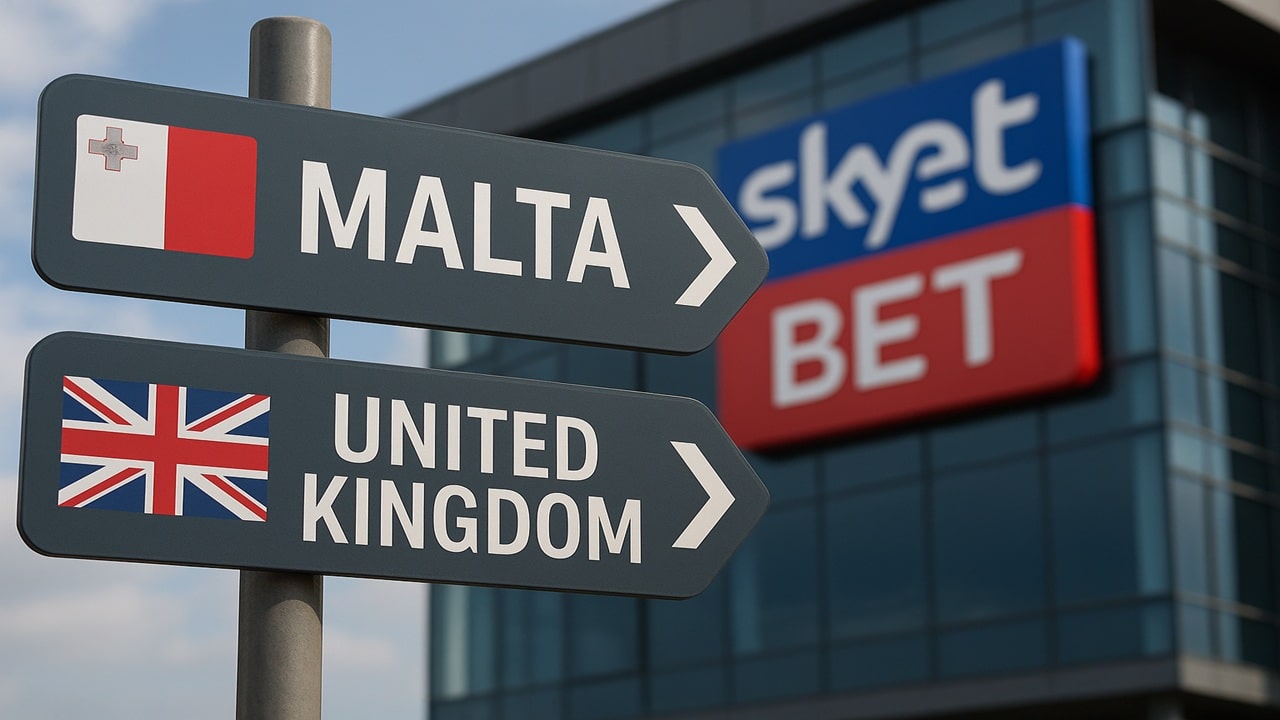
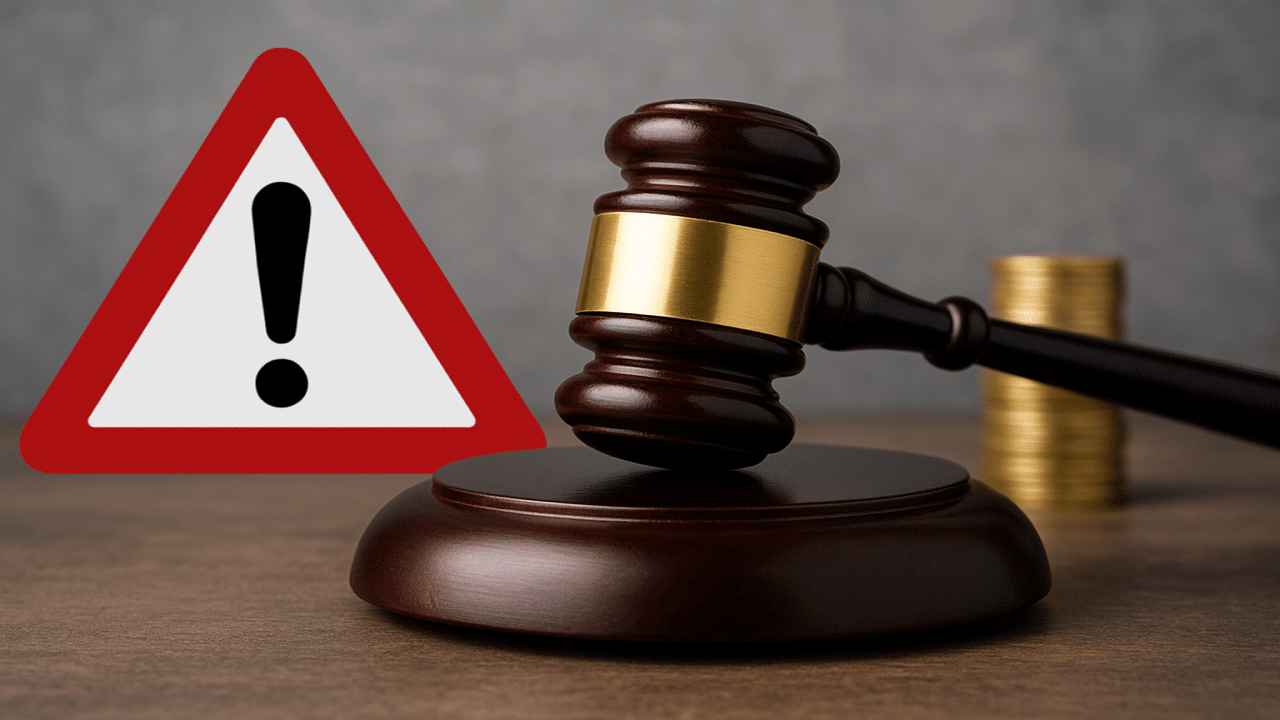

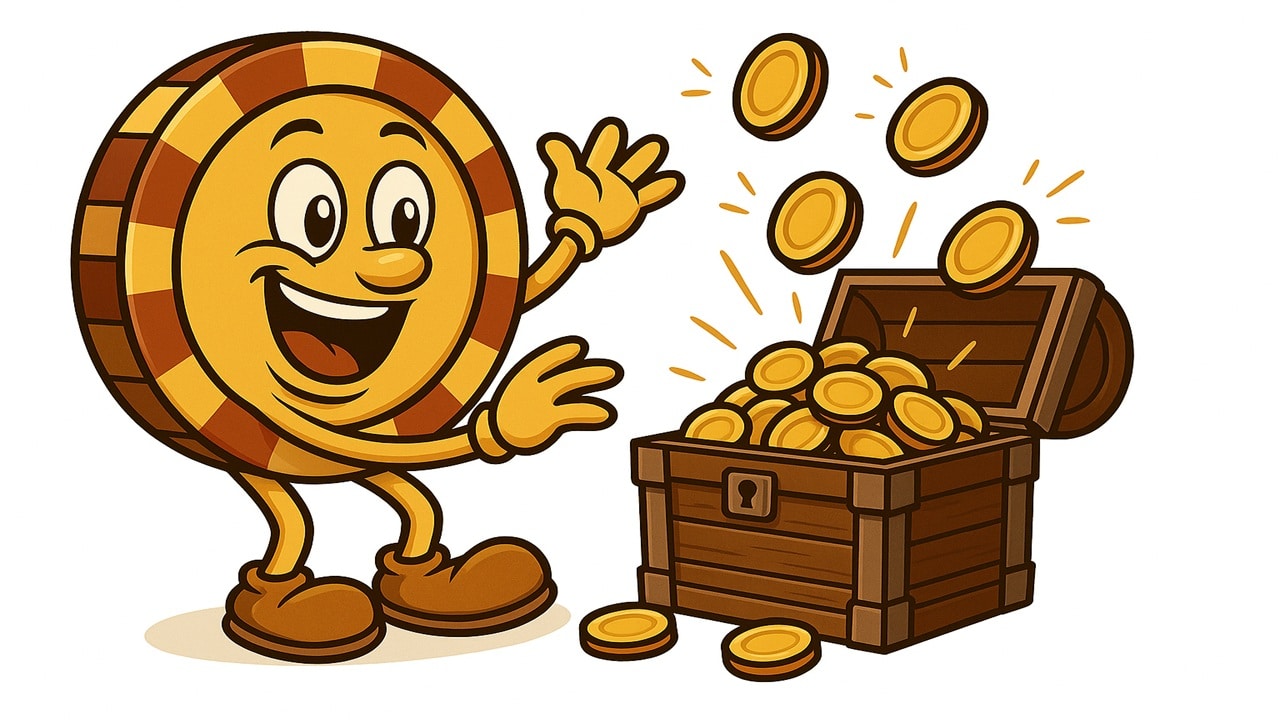

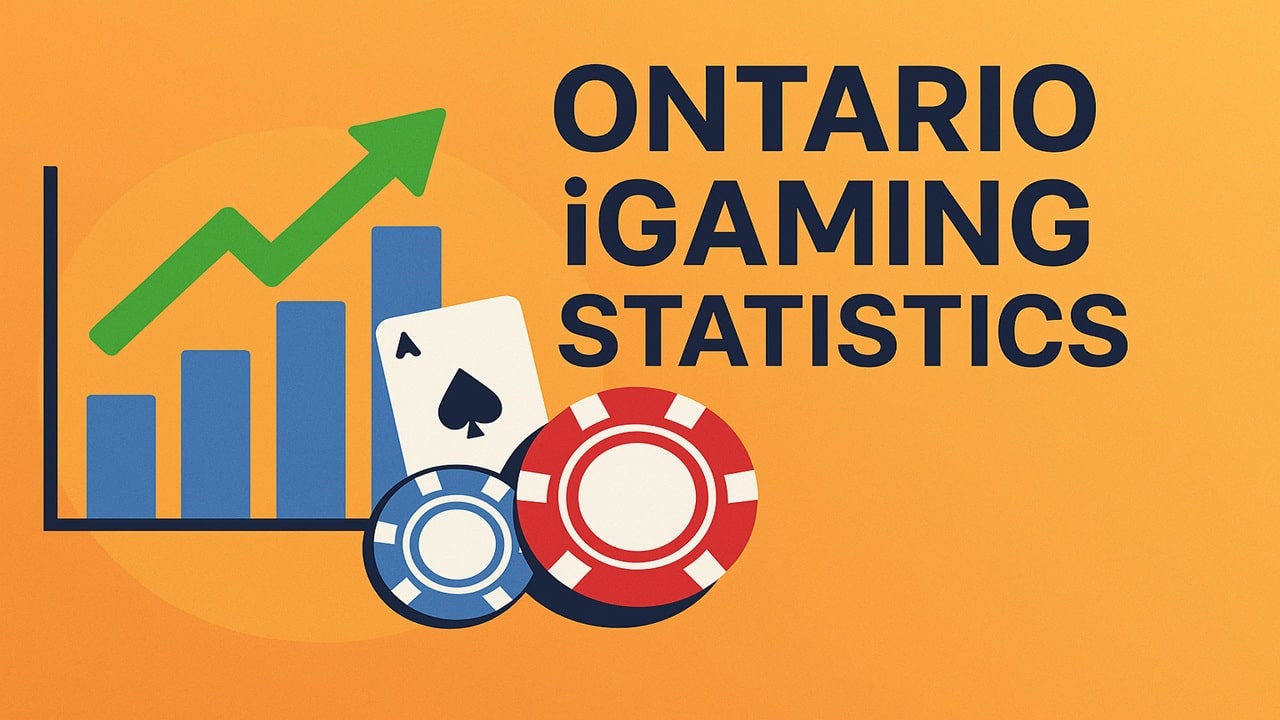

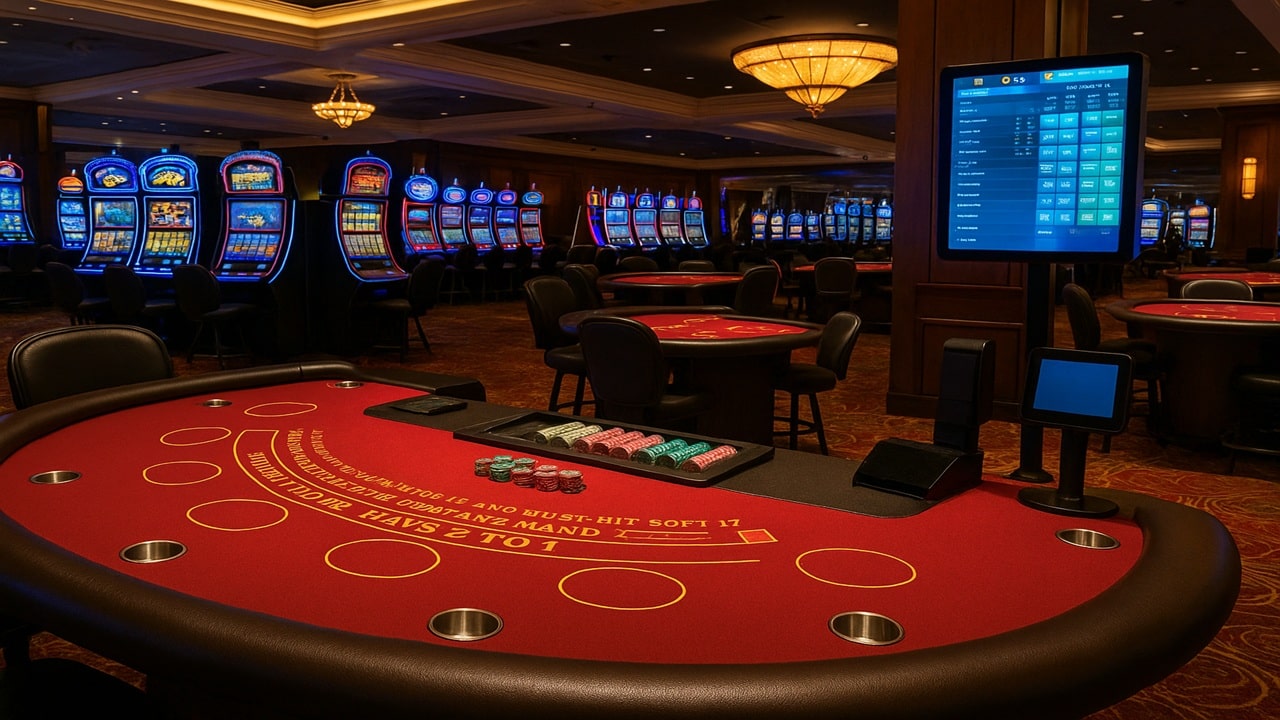
Leave A Comment